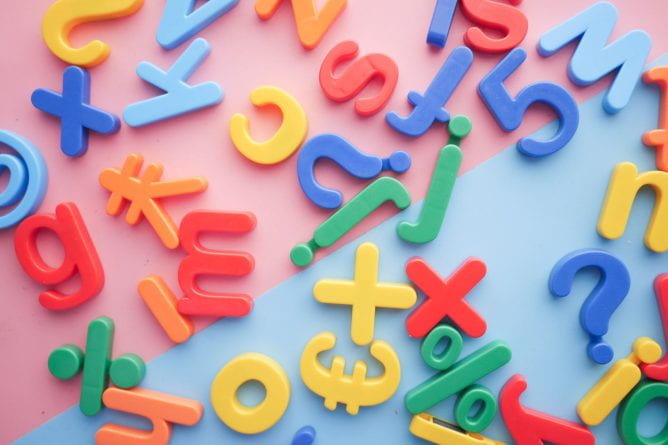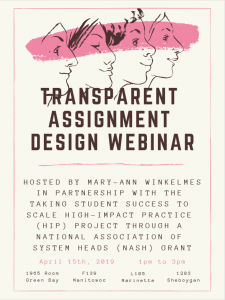CATL is excited to partner with Lisa Lamson, Assistant Teaching Professor in Humanities and 2022-23 EDI Consultant, to offer two workshops this spring on supporting the success of first-generation college students.
Transparency in Syllabus Design for First-Gen Student Success (Mar. 24, 1 – 2 p.m.)
The first of the two workshops, Transparency in Syllabus Design for First Gen Student Success, will be held in person on Friday, Mar. 24 from 1 – 2 p.m. in the Alumni Room (University Union 103). This workshop addresses the whys and hows of syllabi – how can faculty best utilize the first-day foundational document throughout the semester to best support first-generation students as they navigate college? Despite best efforts, there seems to be a disconnect between how faculty see class syllabi and how students engage with the syllabi. This workshop intends to act as a bridge to help faculty articulate how their syllabi and learning outcomes shape the learning experiences throughout the semester and how it connects to their “genre knowledge” to help students see the value in a syllabus. In doing so, this workshop seeks to help faculty support first-generation students’ sense of belonging in the classroom and in the university by making clear the activities in the classroom’s connection to the university’s learning outcomes and beyond.
Unpacking the Hidden Curriculum for First-Generation Student Success (Apr. 28, 1 – 2 p.m.)
The the second workshop, Unpacking the Hidden Curriculum for First-Generation Student Success, will be held in person on Friday, Apr. 28 from 1 – 2 p.m. in MAC 107. “How do you know what you know?” – “Hidden Curriculum,” or the unspoken expectations of college in and outside of the classroom, often acts as a barrier to first-generation student success. While much of the academic scholarship on the “hidden curriculum” focuses on student experiences, this workshop intends to bring the conversation explicitly into the classroom – how can we uncover the information we, as faculty, just know and translate that for our students? How can we teach something we have learned through doing? This workshop proposes an opportunity for faculty to articulate the hidden “just knows” for their classroom to improve student achievement and, ultimately, success. Working through an assignment of their choosing, faculty will identify hidden expectations in their assessments and rubrics, and develop ways to make clear how the expectations of the assignment align with the course outcomes and beyond.


